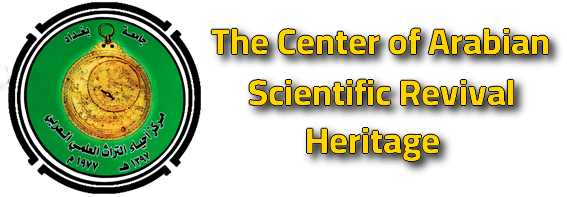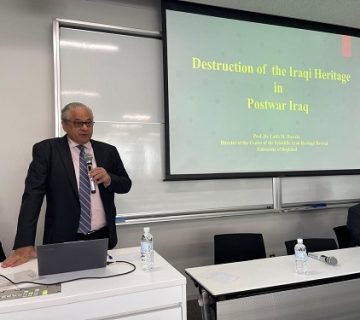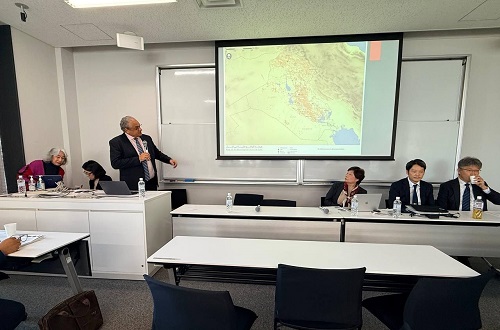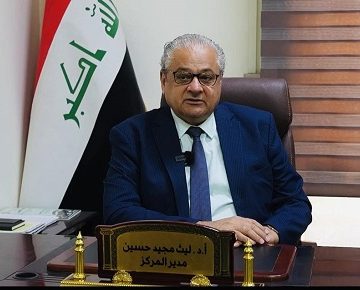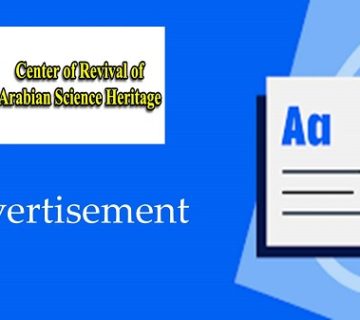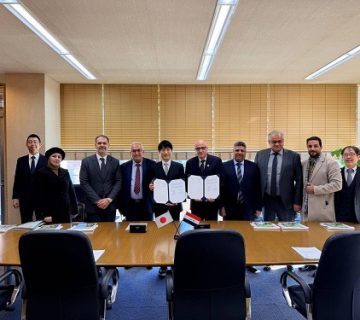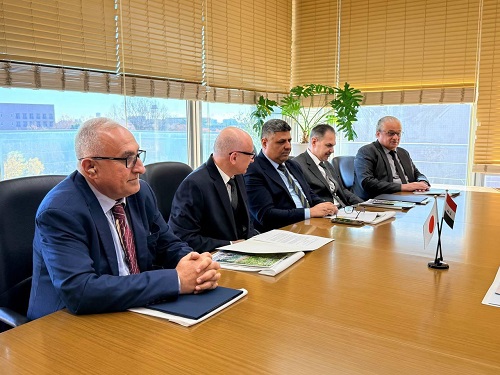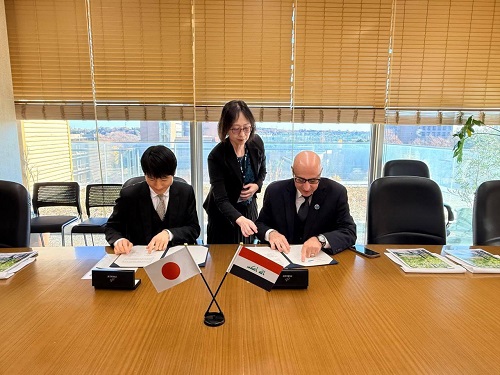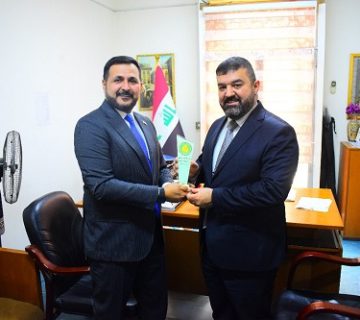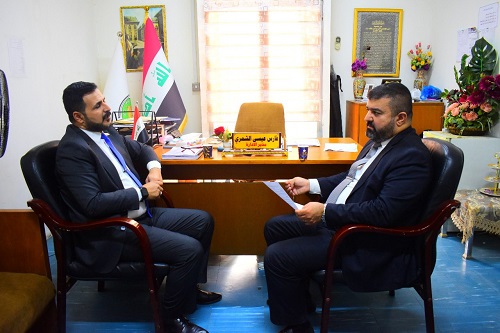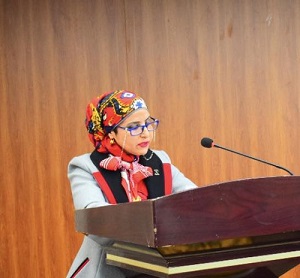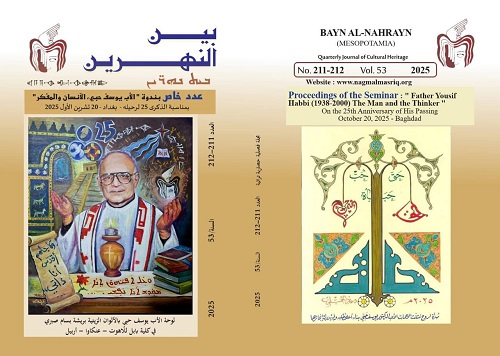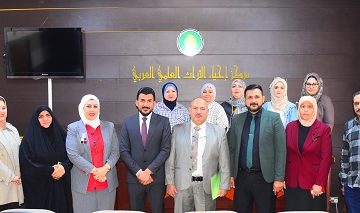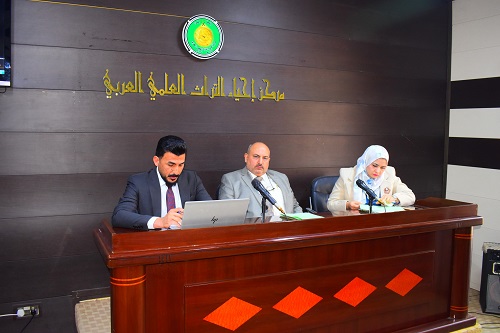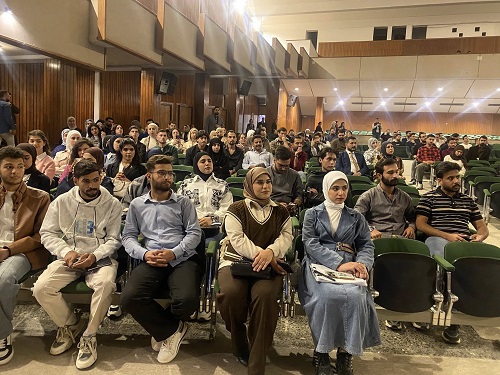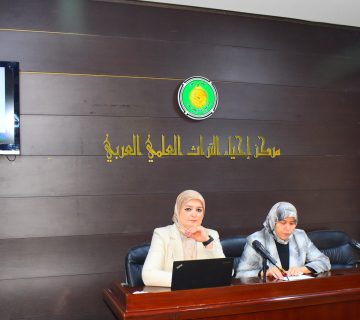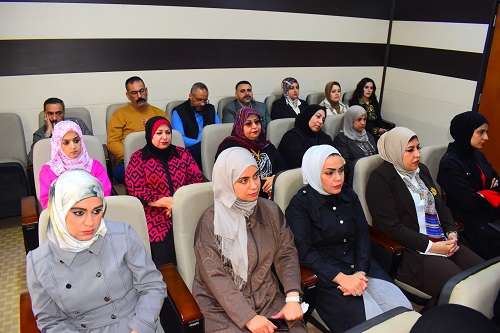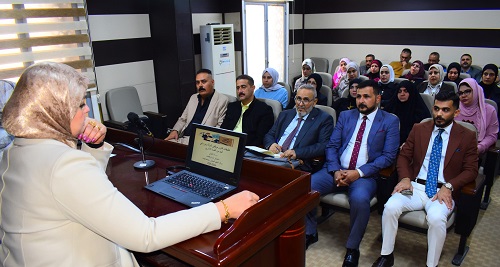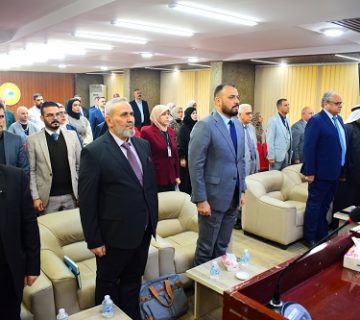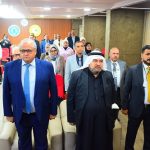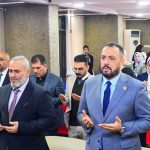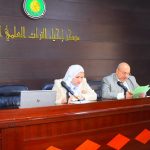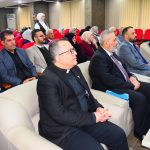
Meet
President of the University of Baghdad and Director of the Center for the Revival of Heritage Meet with the Japan Foundation to Discuss Supporting and Developing the Japanese Language Department at the College of Arts
The University of Baghdad discussed the prospects of academic and cultural cooperation with the Japan Foundation, aiming to enhance educational programs and develop the Japanese Language Department at the College of Arts. This took place during a meeting attended by Professor Dr. Bahaa Insaf Ibrahim, President of the University of Baghdad; Professor Dr. Ali Abdul Amir Sajit, Dean of the College of Arts; Professor Dr. Laith Majid Hussein, Director of the Center for the Revival of Arab Scientific Heritage; along with a number of representatives from the university and the college, and several members of the Japan Foundation. The meeting focused on discussing opportunities to support curricula, exchange expertise, and implement joint programs that would contribute to improving students’ skills and opening broader horizons for cultural communication between Iraq and Japan. Representatives of the University of Baghdad emphasized the importance of this partnership in supporting rare language specializations and providing a modern educational environment. Meanwhile, the delegation of the Japan Foundation expressed their readiness to cooperate in organizing training courses and providing advanced educational materials, in addition to exploring the possibility of hosting specialized professors and organizing joint cultural events.

